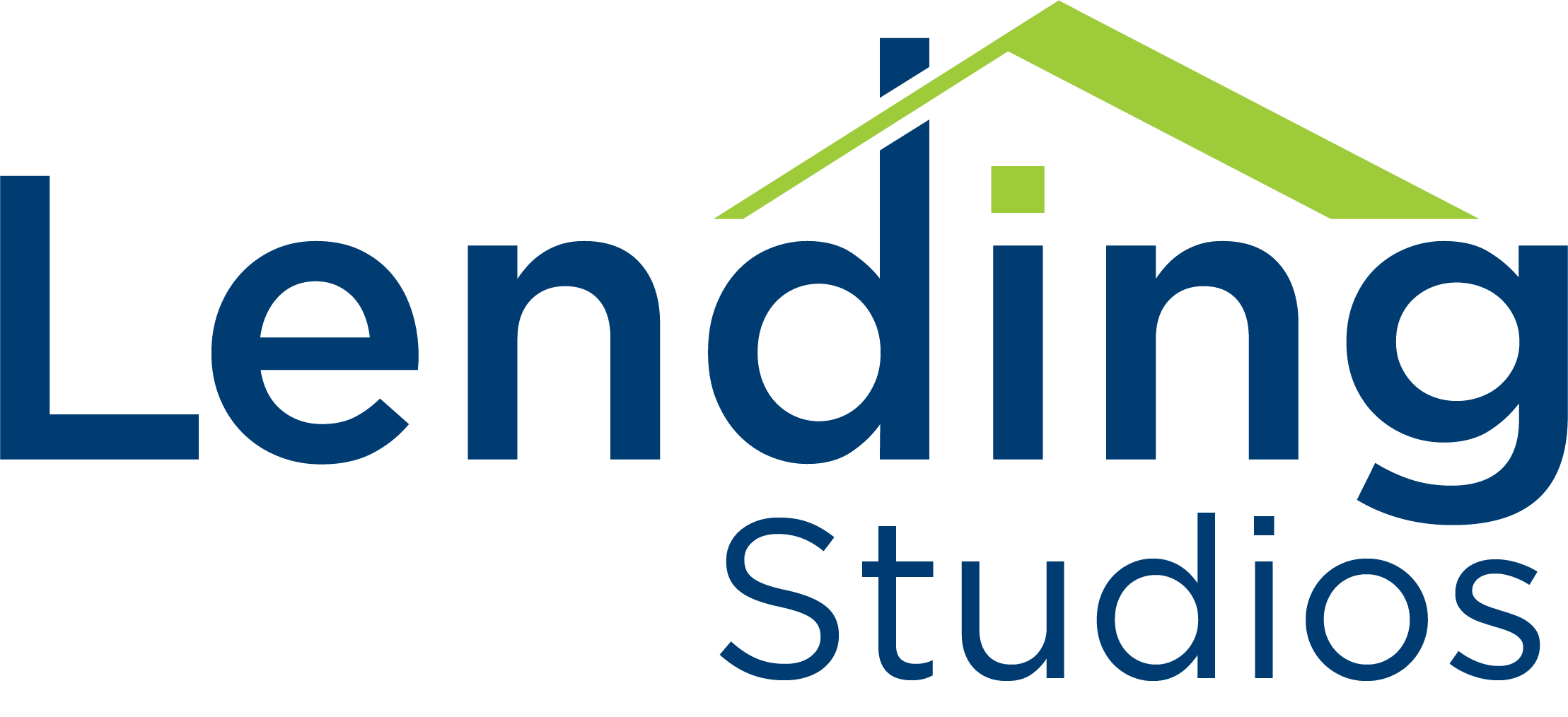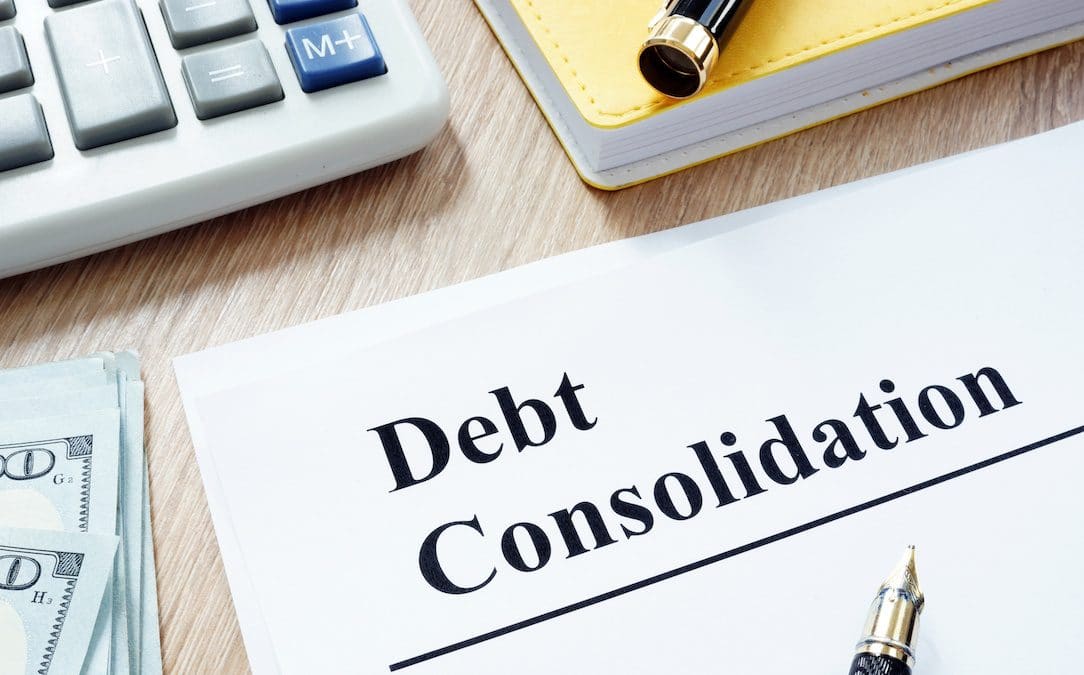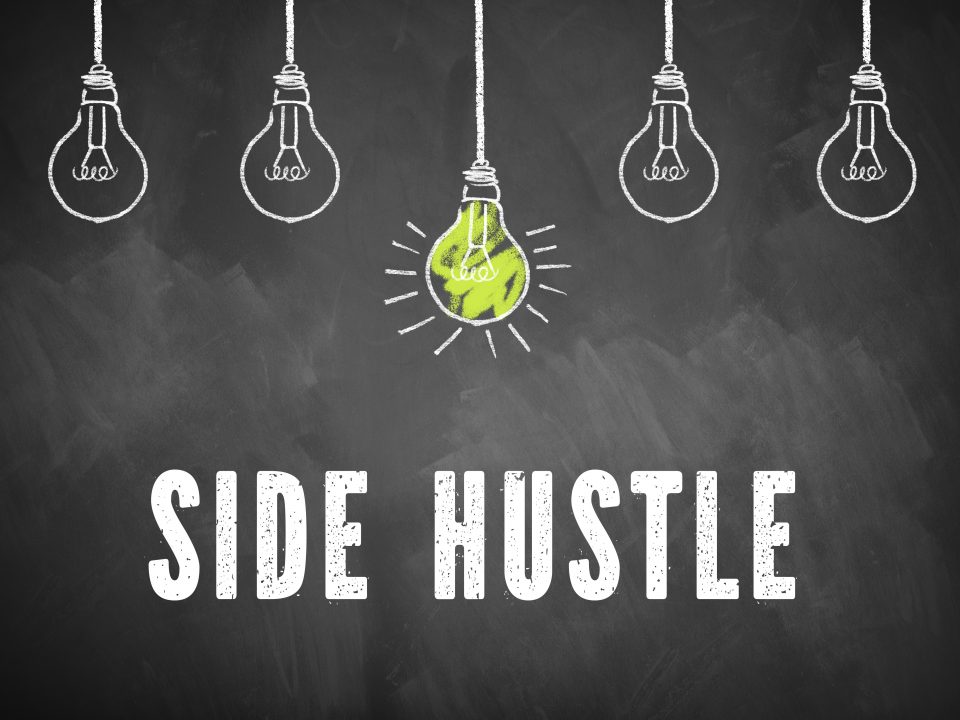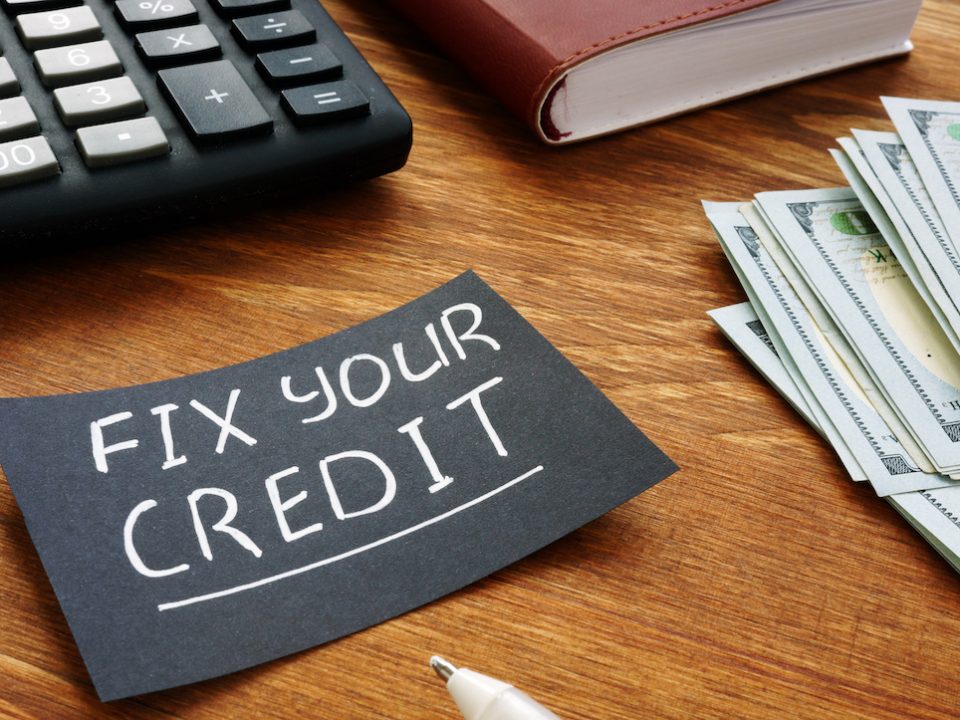Sometimes enough is enough and you need a change. By visiting this page, you’re taking the first step to getting your finances on track. You’re ready to reach financial freedom, but what are the steps? If you’re sick of living paycheck to paycheck and feel like all of your money goes to debt payments, then you should be looking into debt consolidation.
Do you have multiple debt payments? Are they hard to remember and you find yourself paying late and struggling to coordinate due dates? Consolidating debt might be the best option to get you out of debt faster and improve your credit. In this article, will give you all the details you need about debt consolidation – and how it can help you reach your goals faster.
If you have debt, you’re not alone. American household debt hit a record $13.21 trillion in 2018. If you wrote that out it would equal out to be $13,210,000,000.00, Debt.org reports.
If you’re paying back multiple loans and debts, you might be looking into your options on how to streamline that process. One of your options includes credit consolidation, also known as debt consolidation.
What is Consolidation?
Investopedia defines debt consolidation as the means of taking out a new loan to pay off a number of liabilities and consumer debts, typically unsecured ones. In effect, they say, multiple debts are combined into a single, larger debt with more favorable payoff terms. These terms typically include a lower interest rate and/or monthly payments.
Debt consolidation loans gather up multiple debts and allow borrowers to pay back one entity. This is ideal if your debt isn’t too high and if your credit score is in good enough standing to qualify you. Consolidation loans are common for millions of people since rarely does one person only owe money to one creditor. Debt is typically divided amongst credit cards, medical bills, student loans, car loans, and mortgages.
Debt consolidation loans can help people feel that they can finally reach debt freedom. To be successful with debt consolidation, it is important to not gather new debt while paying off the consolidated debt.
Do You Qualify?
If you have substantial debt and a credit score that is 670 or lower, consolidating debt is a viable option. Credit score requirements vary from lender to lender, however most lenders require a minimum credit score of 630 to 640 to qualify, according to Bankrate. If you have a credit score over 700, you have the opportunity to score lower interest rates when consolidating.
Debt consolidation isn’t for everyone, but it might be for you if:
- Your credit score qualifies you for a 0 percent credit card or low interest loan
- Your income allows you to make consistent payments
- Your total debt (minus mortgage) is lower than 40 percent of your gross income
- You are motivated to keep debt from getting out of hand again
Debt consolidation usually covers debts like medial bills, personal loans, credit cards, and payday loans.
Revolving vs. Installment Debt?
A revolving line of credit is an open-ended account. This is where the borrower pays a commitment fee to a financial institution to borrow money and use the money as needed. The maximum amount for a revolving credit is fixed when a bank or similar institution reaches an agreement with the customer, per Investopedia. In addition to commitment fees, there are interest and carry-forward charges for these accounts. Revolving credits only require the payment of interest plus any applicable fees.Think: credit cards. If you only use it to pay your bills, then that’s what you’ll owe back each month. If you only use it for emergencies, then you’ll only owe the cost of what the emergency was. A revolving credit lets you carry the balance over from month to month but you will incur interest to your total balance.
An installment loan is a loan that you make fixed payments on over a set period of time. The loan will have an interest rate and repayment terms that will affect how you pay each month. Installment debts require a fixed number of payments over a certain length of time. Installment loans are typically:
- Mortgages: loans used to buy a home. The home acts as collateral, so if you don’t make your payments the bank will take your home back.
- Car loans: these typically have a down payment. The more you put down, the less your loan will be. Like a house with a mortgage, the car is also used as collateral.
- Personal loans: this loan can be used for consolidating debt or anything you want. They’re unsecured, meaning there’s no collateral. However, this means you could have a higher interest rate dependent on where your credit score stands when you apply.
How Does Consolidation Affect Credit Score?
Consolidation loans can help you improve your credit score by converting damaging revolving debt to installment debt you can boost your credit score. Once you consolidate your debts, your existing balance-free credit accounts will show that you have more total credit available, resulting in a lower credit utilization rate, which will allow your credit score to go up. When you consolidate several loans into one with a lower interest rate and payment, it becomes easier to pay the balance due each month. It will also lower your debt-to-income ratio, resulting in you becoming a more attractive borrower to creditors, and in turn it will help boost your credit score.
When you first get your consolidation loan, it’s not unusual to see your credit score drop a few points. This only signifies that you have less income to throw at future borrowing for the time being. Your rating will typically go back up once you have made payments on time for a couple of months.
If you pay your consolidation loan back on time, then it will improve your credit score. If you don’t then it will negatively impact your score.
Are you still not convinced that a consolation loan is for you? Let’s look at the pros and cons:
Pros of Consolidation Loans:
- Get a better hold on your finances baby consolidating into one payment. This will help streamline your bill paying process – and get you debt free more quickly.
- If you’re struggling to catch up on your payments, a debt consolidation loan will help pay off delinquent balances and improve your credit score.
- In general, interest rates are lower for debt consolidation loans vs. having multiple loans to pay back.
- One loan payment helps you work toward repayment a more manageable way.
Cons of Consolidation Loans:
- This can send borrowers into a new cycle of credit card misuse. If you take out a consolidation loan, it’s important to stay committed and remember why you consolidated in the first place.
Do Your Research
It’s important that you take the time to look at all of your options. After you know if a debt consolidation loan is for you, make sure you shop around to find the best rate for your new loan.
“58% of respondents spent two hours or less researching debt consolidation loans and 59% of respondents didn’t compare preapprovals from two or more lenders,” according to U.S. News.
The overall important of shopping for rates is one to remember. The terms of your new loan will be important for helping you reach and maintain financial health in a timely manner. Do your research and see what your best options are.
Get Help With Lending Studios
Consolidating loans can help you achieve the financial freedom you are looking for, and allow you to become debt free. However, just like all types of credit, you need to do research to see what you will qualify for with your interest rate and understand all the options.




